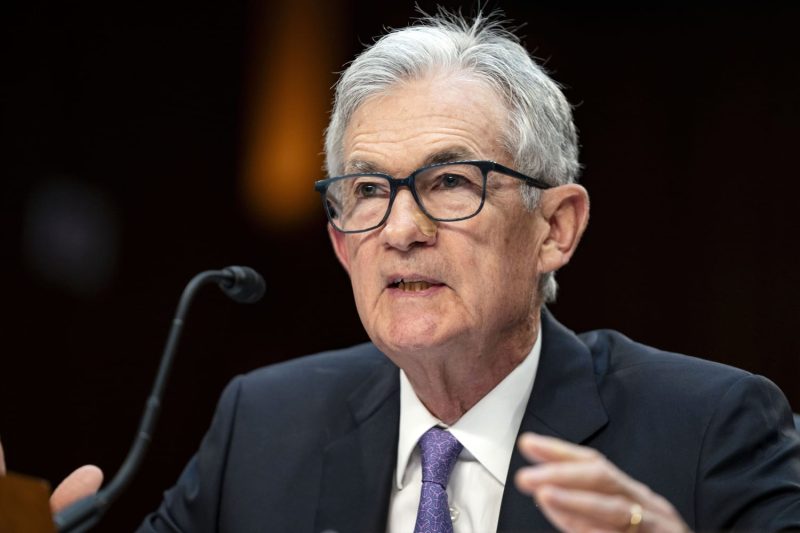In a recent statement made by Federal Reserve Chair Jerome Powell, a cautionary note was sounded regarding the potential risks of maintaining high interest rates for an extended period. Powell emphasized that an overly aggressive approach to interest rate increases could hinder economic growth and stability.
Powell pointed out that the Federal Reserve has been steadily increasing interest rates as part of its efforts to prevent the economy from overheating and to manage inflation. While these actions have been deemed necessary to safeguard against economic imbalances, Powell warned that there are limits to how far interest rates can be pushed up before negative consequences start to outweigh the benefits.
One key concern highlighted by Powell is the potential impact on borrowing costs for businesses and consumers. Higher interest rates can make borrowing more expensive, which could deter companies from investing in new projects and individuals from making major purchases such as homes and cars. This, in turn, could suppress economic activity and slow down overall growth.
Moreover, Powell noted that elevated interest rates could also have implications for financial markets. Stock prices are often sensitive to changes in interest rates, and a prolonged period of high rates could lead to volatility and uncertainty, potentially undermining investor confidence.
Another important factor to consider is the effect of high interest rates on the housing market. Mortgage rates are closely tied to movements in interest rates, and sustained increases could make homeownership less affordable for many Americans. This could dampen demand for housing, leading to a slowdown in the real estate sector.
Powell’s remarks underscore the delicate balancing act that the Federal Reserve must perform in setting monetary policy. While controlling inflation and preventing economic overheating are crucial objectives, policymakers must also be mindful of the potential downsides of aggressive interest rate hikes.
In conclusion, Powell’s warning about the risks of holding rates high for too long serves as a reminder of the complexity and challenges involved in managing the economy. Finding the right balance between keeping inflation in check and supporting economic growth requires careful deliberation and a nuanced understanding of the various factors at play. Moving forward, it will be essential for the Federal Reserve to monitor economic developments closely and adjust its policies prudently to navigate these uncertain times.

